- Water Management
- Sustainable Development Goals
- Sustainable Business
- Social Simulations
- Nexus: Water-Energy-Food-Environment
- Natural Resources Management
- Energy Transition
- Disaster Risk Management & Resilience
- Democracy and Civil Society
- Climate Change
- All
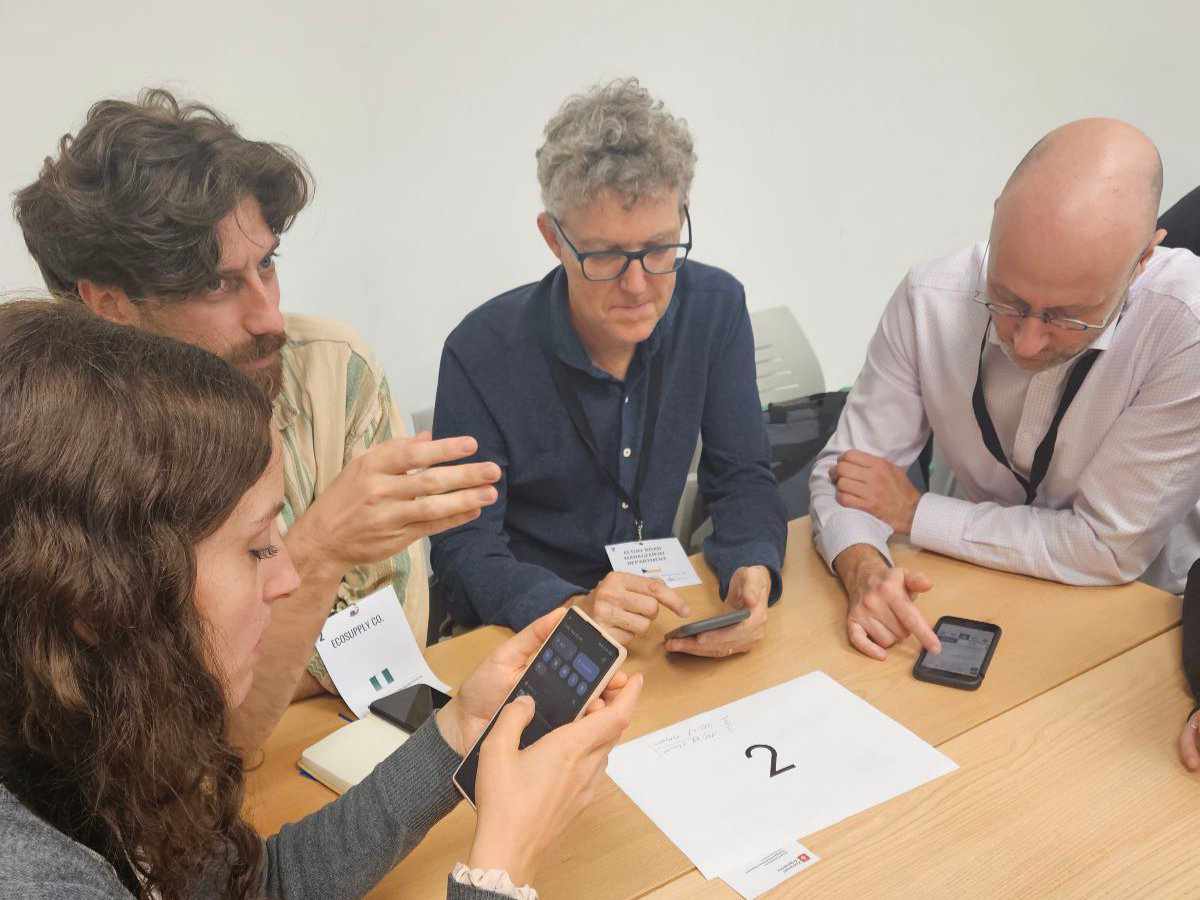
PARATUS: Key Takeways from Serious Games Workshop for Stakeholders
Serious games are becoming vital tools for training, problem-solving, and decision-making processes—especially for first and second responders.
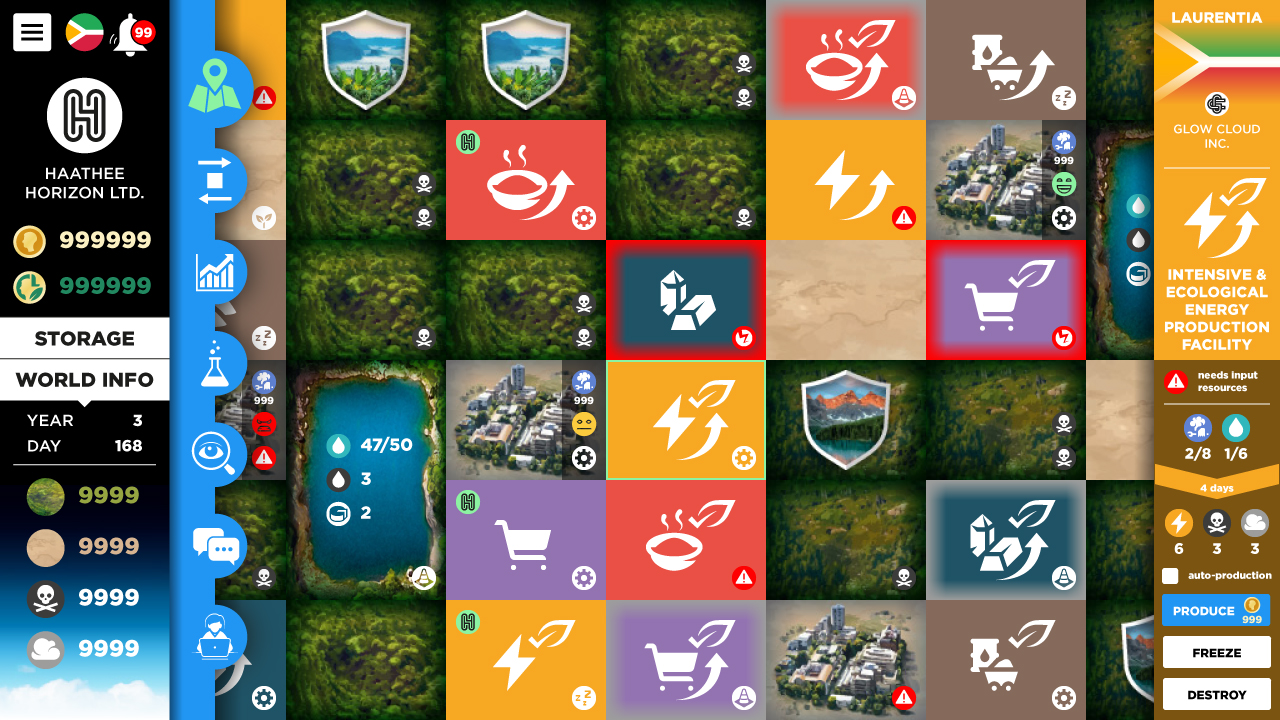
SAVE THE FUTURE – a long-termism experiment
‘SAVE THE FUTURE’ was developed as a tool for promoting alternative, more sustainable and long-term focused financial system.

How to learn urban sustainability through a simulation
In the SUSTAIN game, each player becomes a high ranking official of one of the city’s departments. The main task for each department is to address specific problems and their related effects on the city.
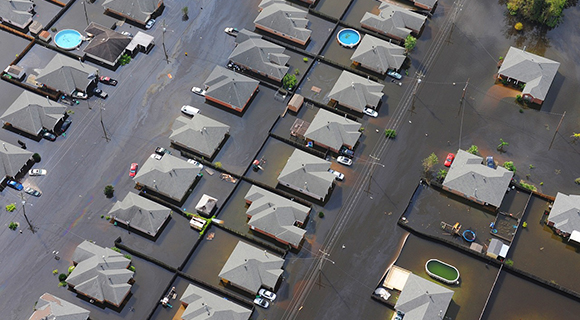
Unnatural disasters How to communicate risks better?
Why, despite warnings, people continue to locate their homes and assets in exposed areas? Why do they ignore building constraints or invest in wrong solutions?
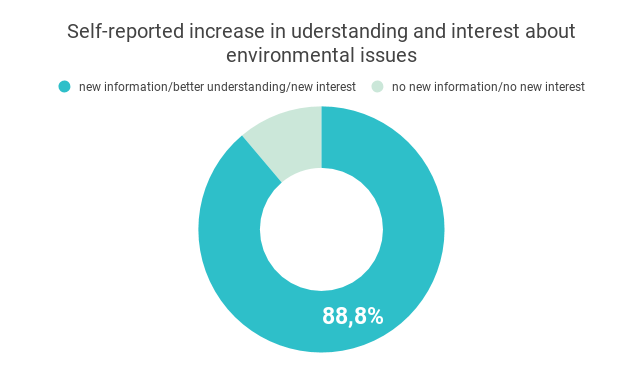
Effectiveness of social simulations and serious games
Does using social simulations actually matter and may lead to tangible changes in participants’ lives or in their everyday work? To check if our tools positively affect participants and their understanding of complex reality, we regularly conduct an evaluation of the participants’ results.
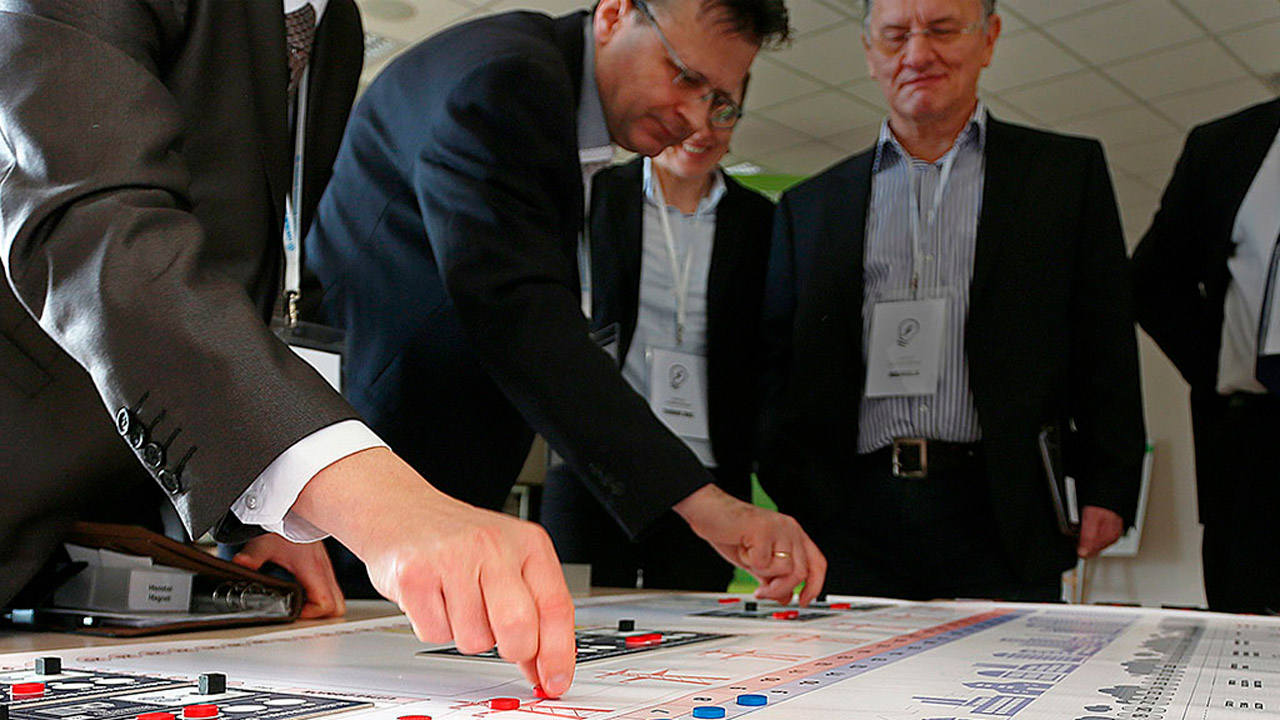
The future starts now: experiencing scenarios for energy transition through a social simulation
In many countries worldwide, the topic of energy transition seems to be highly charged. The array of challenges connected to this process embraces a clash of worldviews, controversies over the efficiency of existing technologies, legitimacy and quality of planned and implemented policies, disputes over the “right” energy mix as well as other complex economic and social issues.
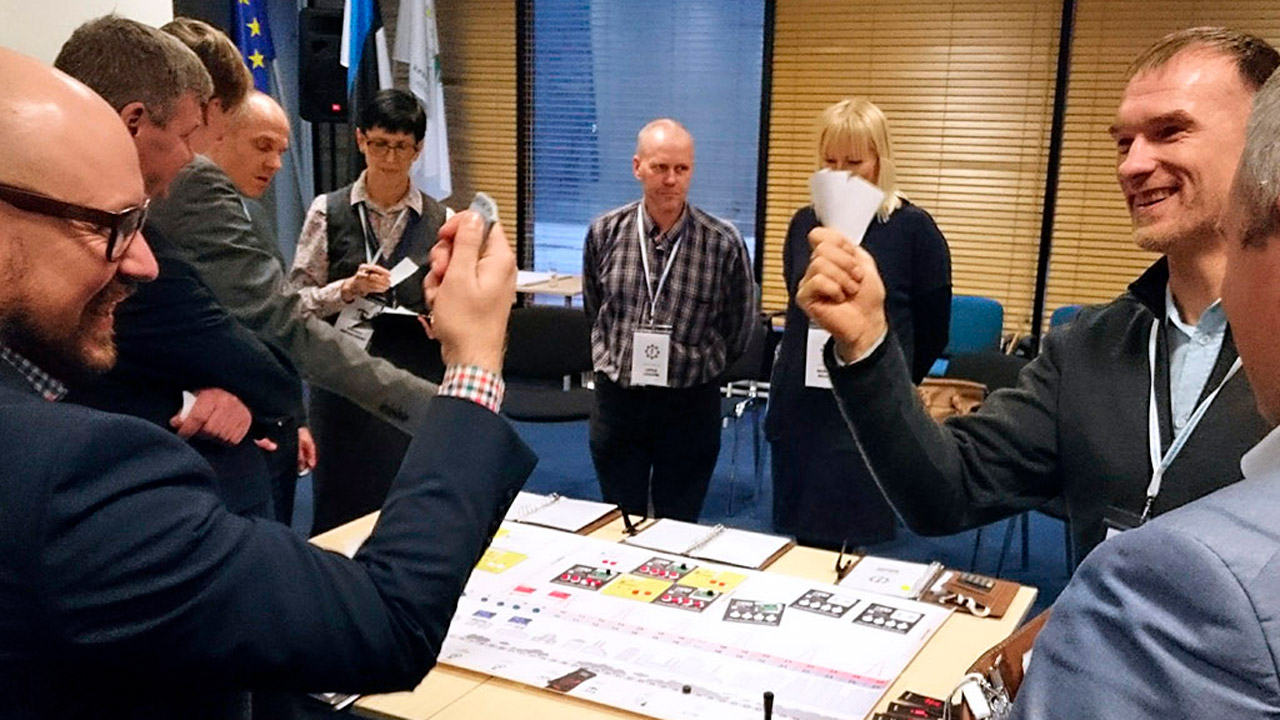
What Macron Would Do Differently If He Could Go Back In Time
It is a fruitful time for immersive, forward-looking approaches to problem-solving. From Henry Mintzberg’s work on “seeing first” and “doing first” in strategy development, to Stuart Darcy’s experiential futures and Richard Duke and Jac Guert’s policy exercises, we now have less linear and more active ways of exploring the future before it comes.
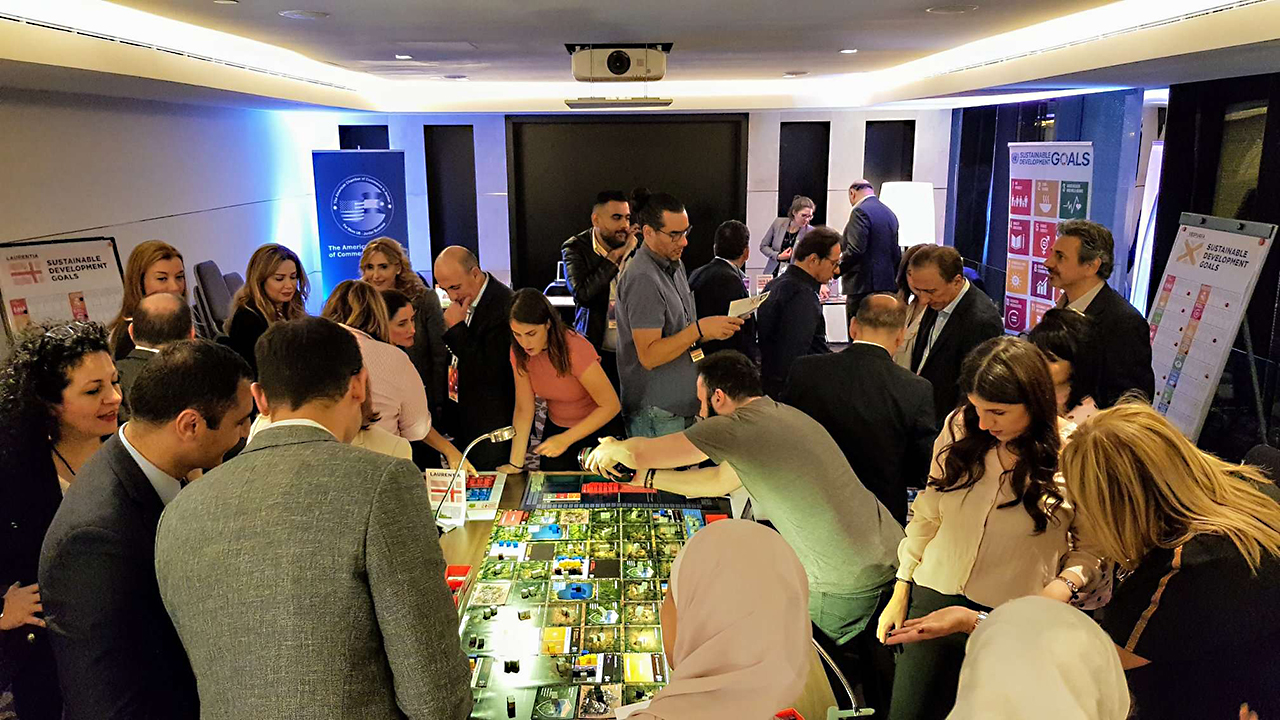
The World’s Future is in our hands. How can we use the social simulation to address the biggest problem facing us today?
How to bridge this enormous gap between science and policy? How to help the general public, policymakers and businesses understand both the urgency and the complexity of the situation, and get on board with taking direct action?

Learn how social simulations help navigate complexity
Social simulations give room for confronting people from different professional and personal backgrounds in a simulated setting that mirrors the dynamics of real-life challenges. How?
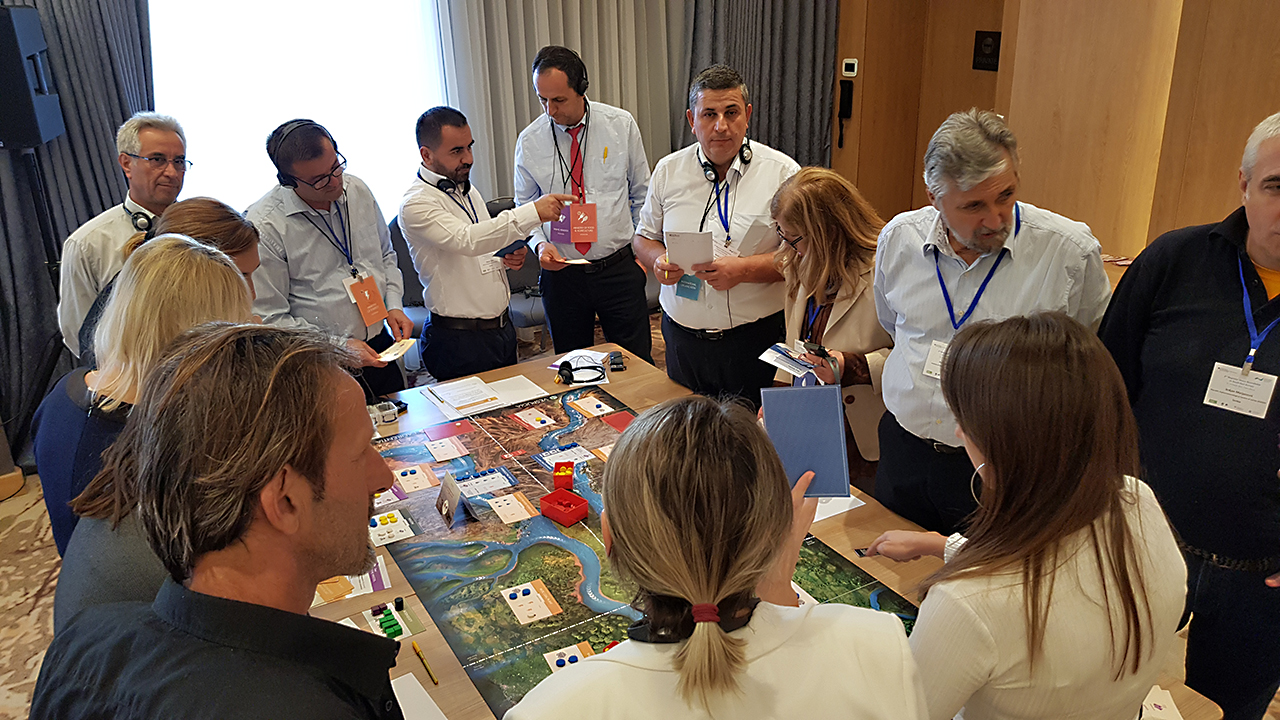
Understanding The Nexus Approach
While the benefits of a nexus approach for individuals and societies are unquestionable, little is known how to advance this approach, especially in a multi-stakeholder environments. Global challenges that involve many diversified groups of stakeholders taking decisions under uncertainty, require collaboration on many different levels.
